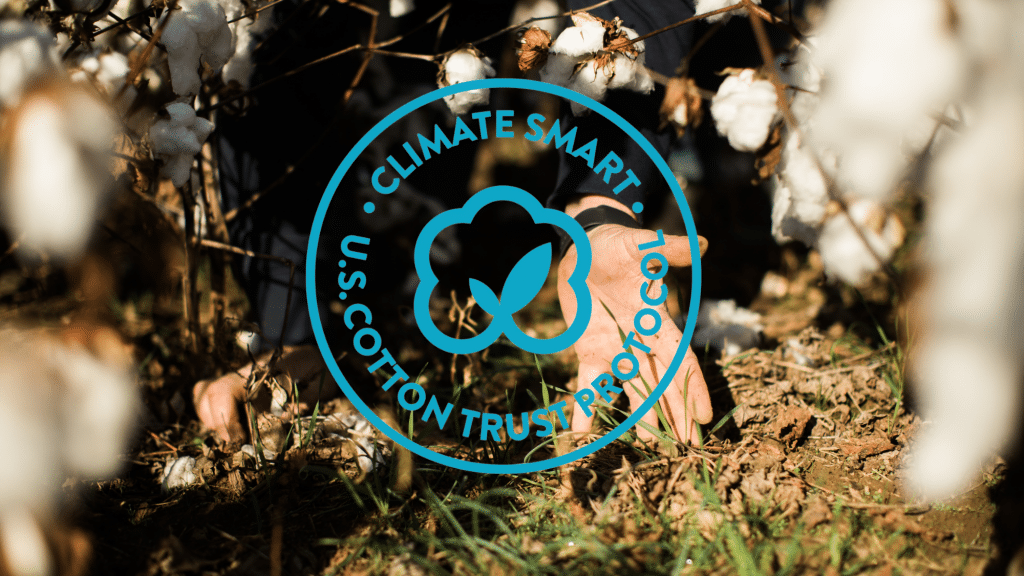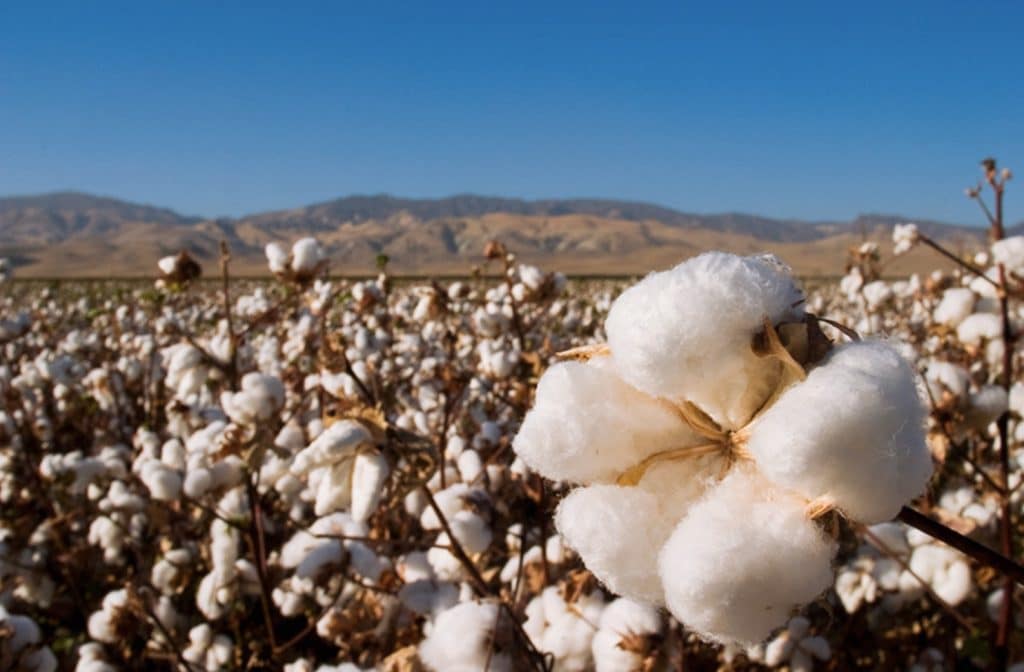
U.S. Climate Smart Cotton Program
The Climate Smart Cotton Program is a five-year initiative led by the U.S. Cotton Trust Protocol with the goal of helping cotton growers improve their profitability, operations, and environmental stewardship. And by doing so, they’re also contributing to the long-term viability of the U.S. cotton industry.
This program will also help brands and retailers. It supports efforts to reduce greenhouse gas emissions and allows reporting against Scope 3 emissions reductions for cotton used in products.
The initiative is built on four pillars of Climate Smart Agriculture practices that support planting cover crops, reduced tillage, and nutrient management. This leads to improved soil health, increased drought and flood resilience, advanced nutrient use efficiency, decreased soil erosion, and reduced GHG emissions.
Enrollment in the Trust Protocol and Climate Smart Cotton Program applications will open again in early 2025.
The goals of the five-year program are to:
Provide technical and financial assistance to U.S. cotton farmers
Advance adoption of Climate Smart Agriculture (CSA) practices on 1.2 million U.S. cotton acres
Produce 4.2 million bales of Climate Smart Cotton™
Enroll 1,650 U.S. cotton farmers, including 330 farmers from historically underserved communities
Reduce CO2e emissions by 1.14M metric tons
The U.S. cotton industry has been focused on continuous improvement for decades, and the launch of the Trust Protocol in 2020 provided the opportunity to prove and measure the industry’s sustainability outcomes. The Climate Smart Cotton Program takes the industry to the next level by utilizing the Trust Protocol’s foundational reputation and incorporating our program partners’ knowledge and expertise of supply chain outreach, academia, and sustainability.
Program partners include Cotton Council International, Cotton Incorporated, the Soil Health Institute, Texas A&M AgriLife Research, Agricenter International, Alabama A&M University and North Carolina A&T State University. Together, we’re working to help growers learn, grow, and explore new opportunities for reducing climate impacts, as well as providing resources to aid with implementation. For U.S. cotton growers, additional benefits include a reduction in input costs, potential yield improvements, and the potential for added revenue from carbon insets.
Producers who have completed enrollment in the Trust Protocol, including data entry and bale uploads, are eligible to apply for the Climate Smart Cotton Program.



